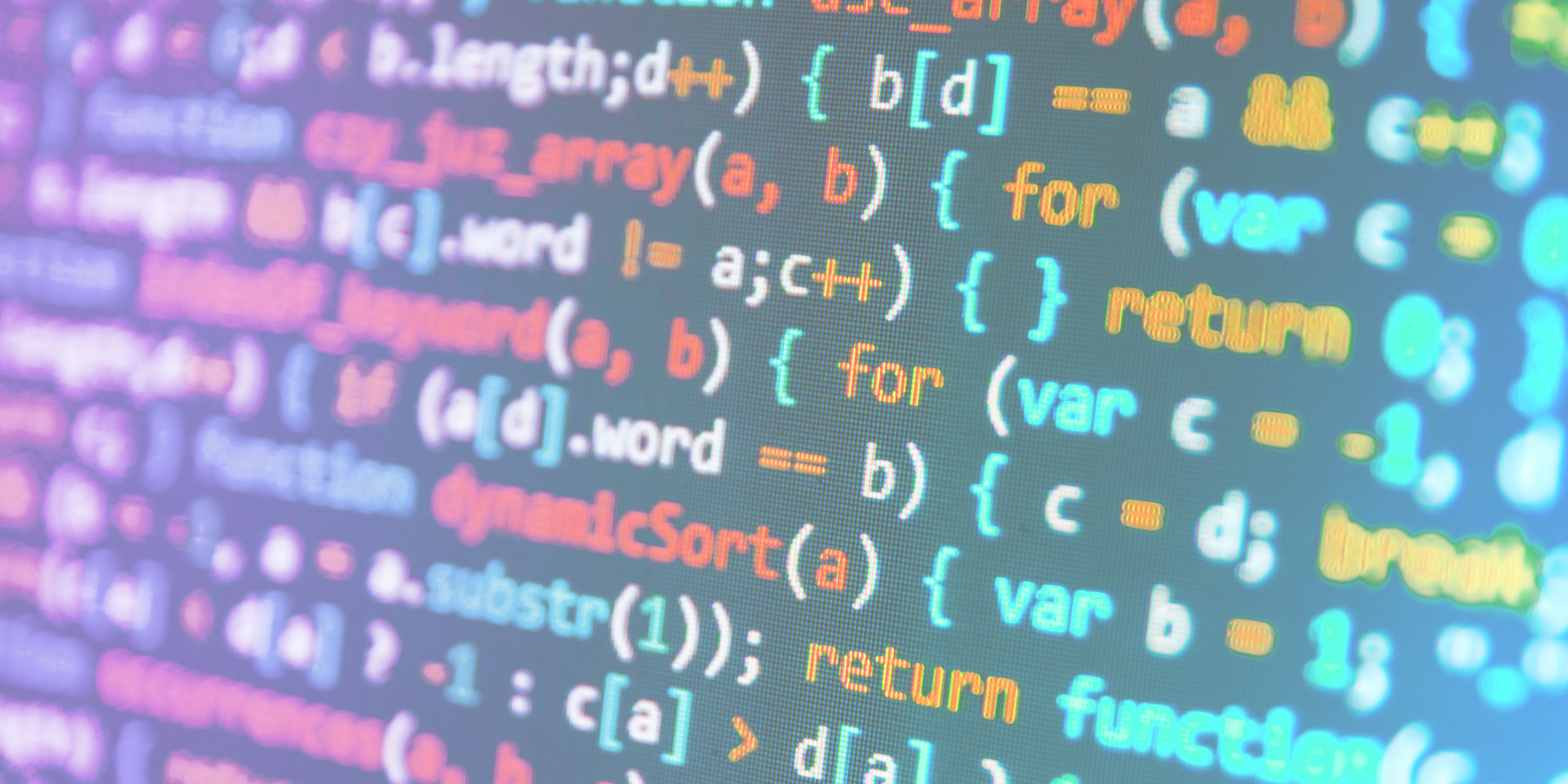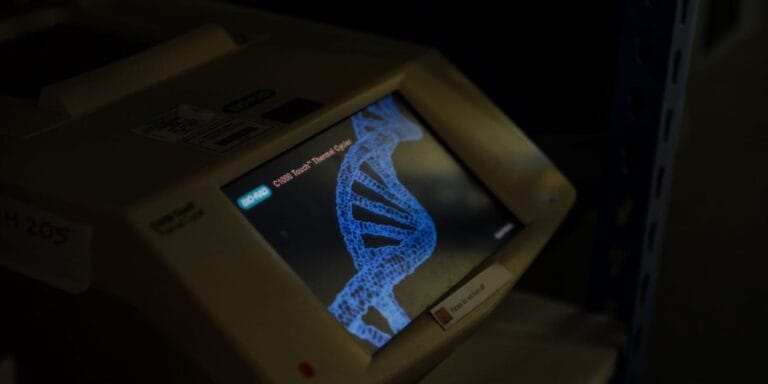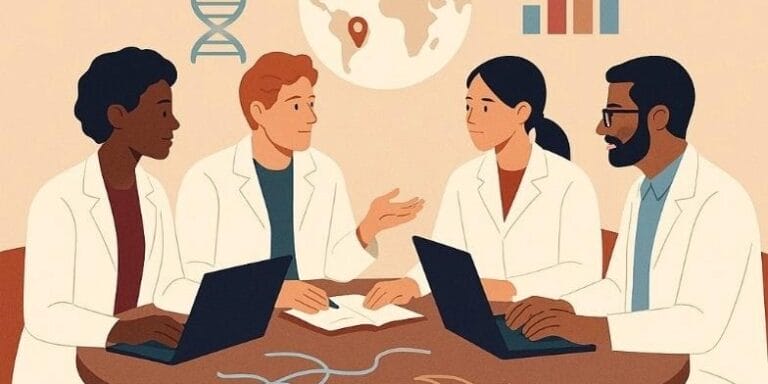Mohamed Laarej, Morocco
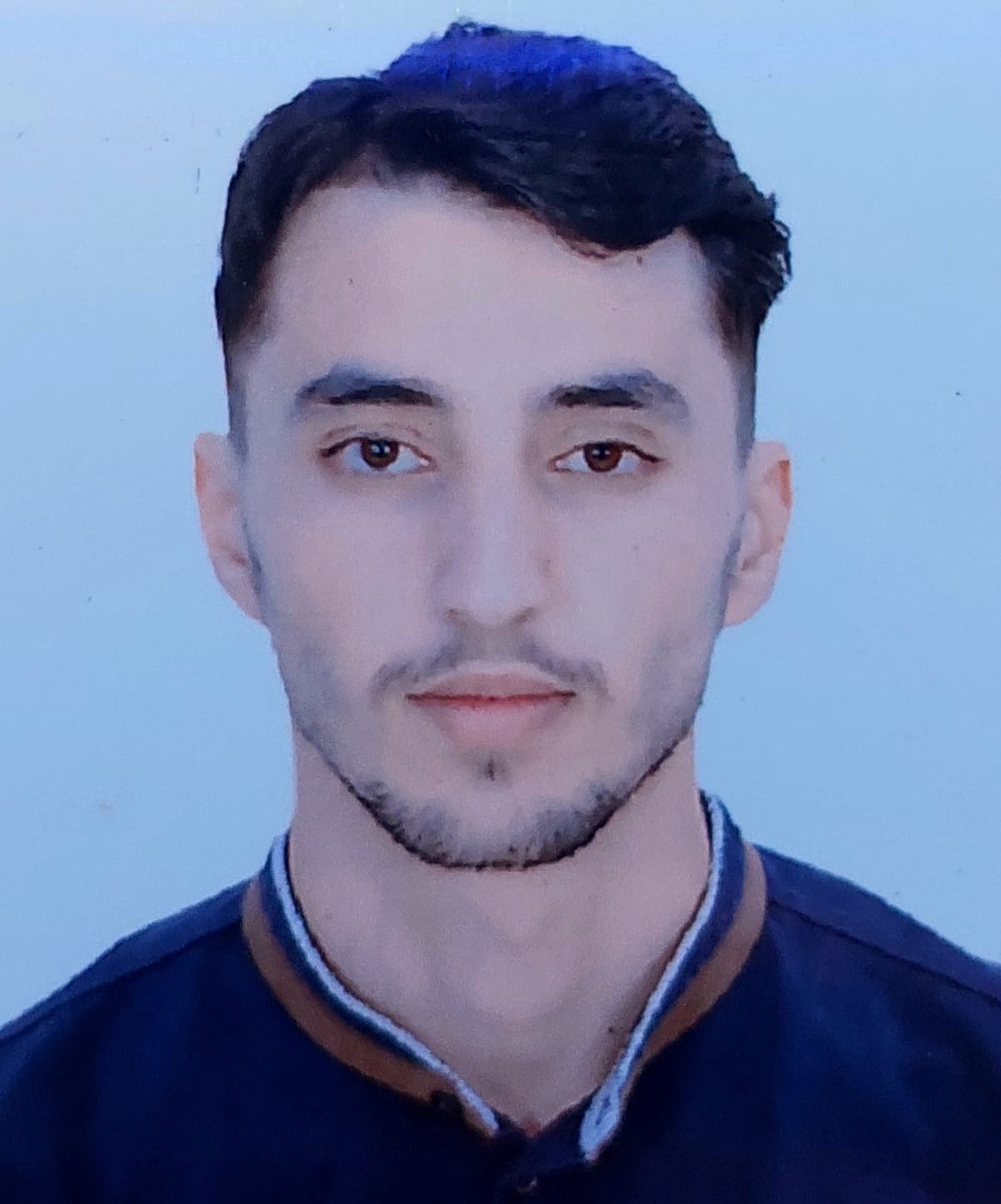
Mohamed Laarej loves to learn. For as long as he can remember, he’s enjoyed taking things apart and learning how they work before putting them back together. “I am a person that loves new things, especially in science,” he says. “I'm curious about learning how things work.”
He began his studies in Earth and Life sciences, before focusing on mathematics, physics, and engineering. And it was in a class about algorithms that he became fascinated by the idea that biological principles like evolution could be applied to mathematical and computer science problems.
This idea is what inspired him to propose a project for the Google Summer of Code. Working with mentors Chris Clarkson, Anastasia Hernandez-Koutoucheva, and Jon Brenas in the Malaria Vector Genome Observatory, he is combining computer science methods with large biological data sets to find new mechanisms for insecticide resistance in Anopheles gambiae mosquitoes.
His work so far has focused on improving the malariagen_data python package by creating new functions that use mixed effect models to detect early signals of insecticide resistance. “Some resistance mutations are now fixed in the mosquito population, whether they have resistance to insecticides or not,” Mohamed explains. That makes those mutations less informative, and means we need new ways of finding the next mutations that will matter for insecticide resistance.
Attempts have been made in the past to use PLINK and logistic regression models for this purpose, but with little success. In the longer term, Mohamed hopes that incorporating machine learning methods into this and other processes in the python package will make them faster, cheaper, and more reliable.
This is Mohamed's first foray into a project with such direct relevance to public health, and working with MalariaGEN makes him feel like part of something bigger. “Before this, I was mostly working on school projects and this is the first time that I found my work really has a meaning. It’s for people, for the future.” he says.
In the autumn, Mohamed will return to finish his engineering studies at University before beginning an internship. But he will carry this summer’s experience with him throughout his career. Using his coding skills to contribute to the fight against malaria has ignited a new passion for Mohamed.
“This MalariaGEN summer has been transformative,” says Mohamed. “I find myself constantly thinking about how to build on what I've learned here. The work environment, the research culture, and the impact, it's exactly the kind of setting where I can see myself thriving long-term.”
Deepak Silaych, India
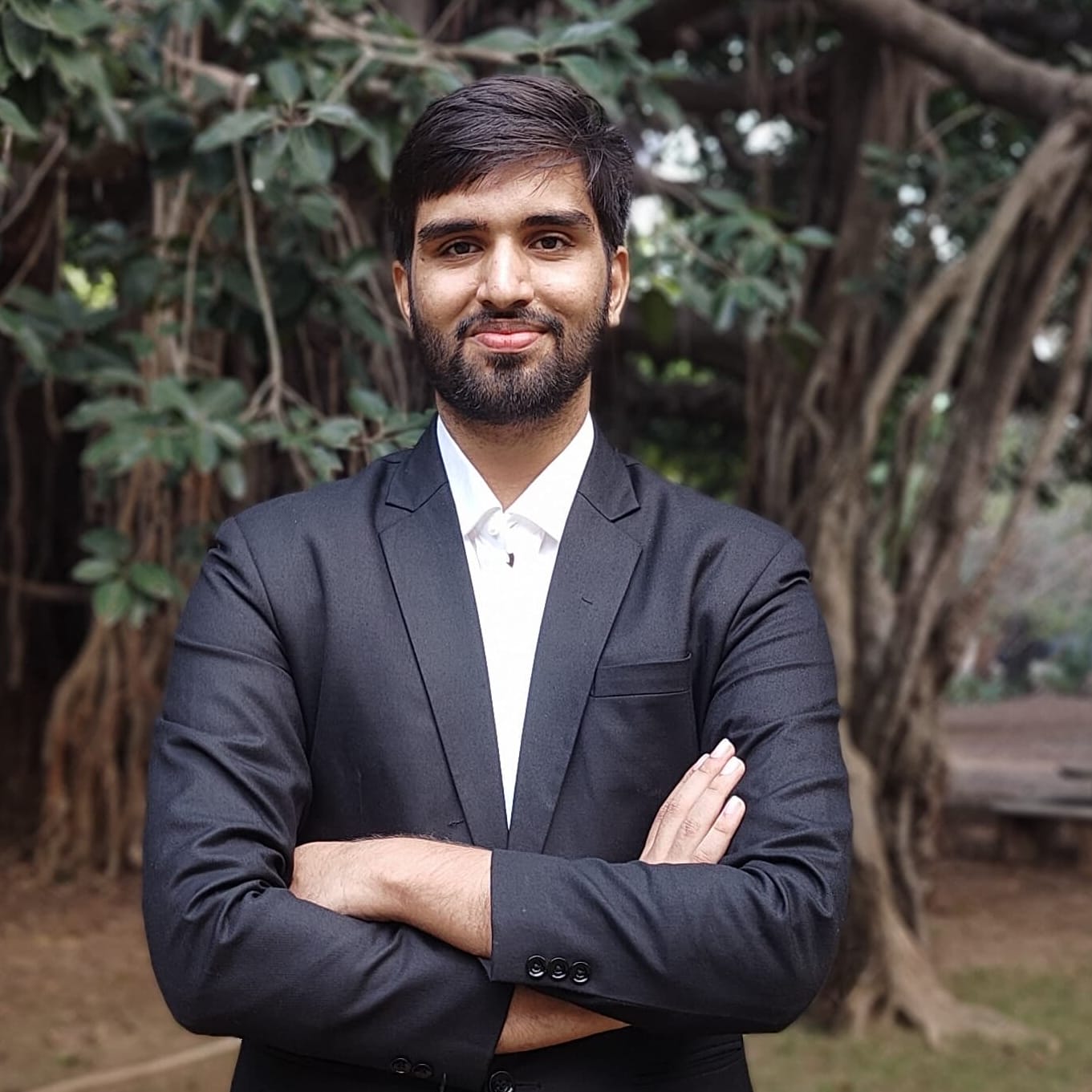
Deepak Silaych is passionate about the power of code to make a difference in the world. A fourth year engineering student at the Indian Institute of Technology Bombay, he is spending his summer working with MalariaGEN mentors Chris Clarkson, Anastasia Hernandez-Koutoucheva, and Jon Brenas to develop a classifier for Anopheles mosquitoes.
Before this summer, Deepak built his coding skills helping to scale start-ups and build websites. He also helped build a machine learning model to predict rainfall in specific locations in Mumbai. “With one of my professors, I worked on a rain classifier for Mumbai,” he explains. “We created a portal so that we can very accurately predict rain at very local levels.” It was this experience that helped him develop the skills to combine machine learning methods with real-world problems.
There are at least 11 species in the Anopheles gambiae complex, and they are all indistinguishable by eye. Even trained entomologists struggle to tell the difference. That’s where genomics can make a difference. By looking at differences in their DNA, you can tease out the different species in the complex, which might have different behaviours and insecticide resistance characteristics. This is where machine learning — and Deepak — hope to help. Deepak is building a model that can read a whole mosquito genome and then accurately and quickly predict what species in the Anopheles gambiae complex it belongs to.
While Deepak is used to working with large datasets, he’s finding that this genomic data brings a whole new level of complexity. “I'm from an engineering background, so I don't have a lot of experience in biology,” he says. “I had to study what genomic data is and how the genes are defined to actually get a grasp of what I have to do.”
With 250 million bases in each mosquito and more than 20,000 mosquito genomes represented in the resource, figuring out how to work with the data at this scale has been a challenge. With the help of mentors Jon Brenas and Anastasia Hernandez-Koutoucheva, alongside his professor Saket Choudhary, he is making steady progress and hopes to build a function that can be integrated straight into the malariagen_data python package.
He’s hoping the random forest machine learning method he’s developing will be faster, more accurate, more open, and simpler to use than the current classification method used to prepare data in the package.
Deepak hopes the classifier is successful and can be applied more broadly to other species, saving researchers a lot of time and frustration. “This isn’t a commercial project that will get famous or something,” he says. “But it’s a high-impact project because it can have an impact on a large scale, around the world.”
Mohamed and Deepak are part of the 2025 Google Summer of Code contributors cohort. They are mentored by Jon Brenas, Chris Clarkson, and Anastasia Hernandez-Koutoucheva, and are hosted by the Wellcome Sanger Institute.
